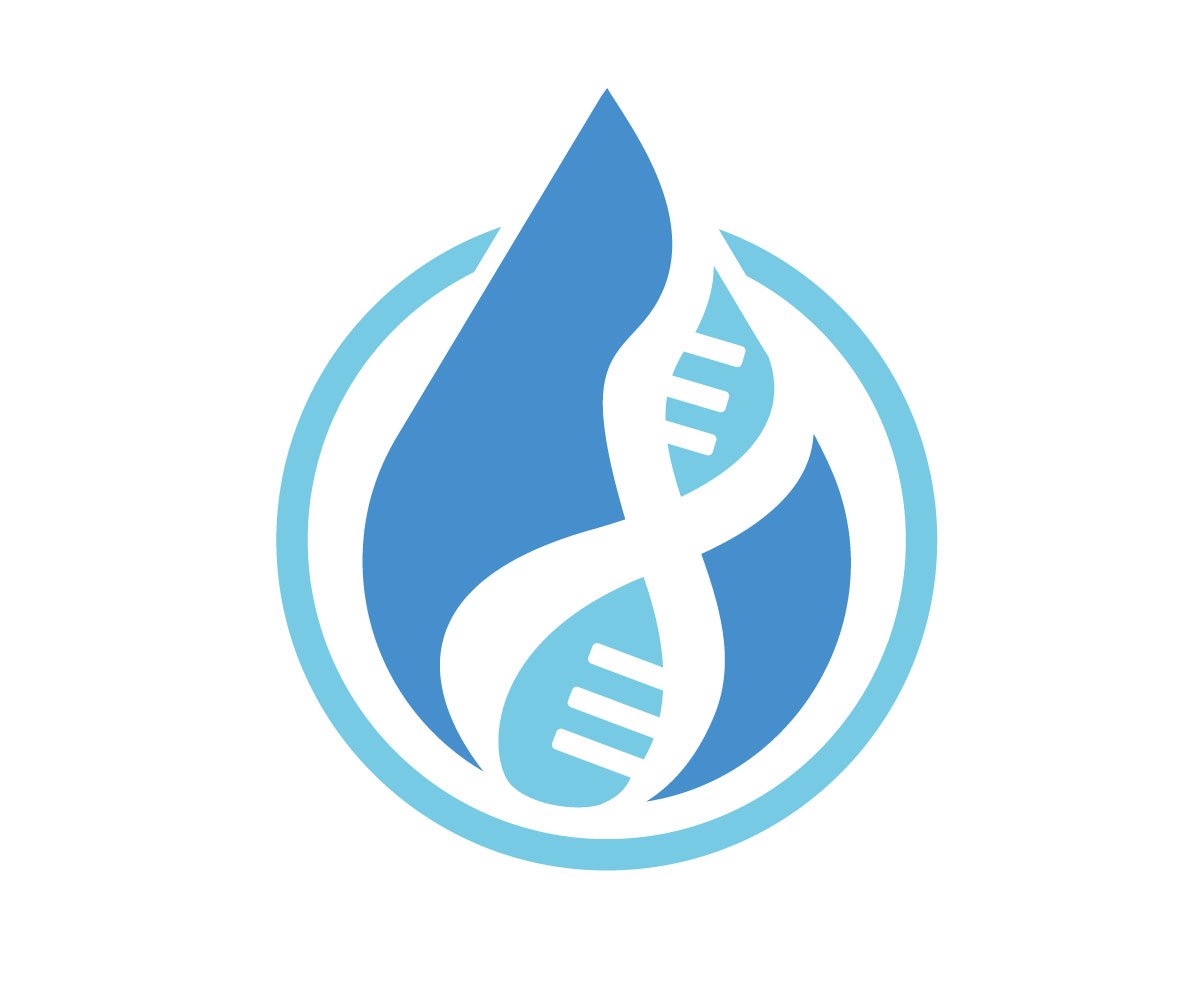
Welcome to Watershed DNA
Search Topics
- DNA Surprise 40
- NPE 38
- DNA 33
- DNA Discovery 32
- Direct to Consumer DNA 23
- Adoption 21
- Adoptees 18
- Ancestry Testing 17
- Misattributed Parentage 17
- Family Search 16
- Home DNA Test 14
- Medical Genetics 14
- Donor Conception 13
- 23andMe 12
- Genetic Counselor 12
- Podcast 12
- Biological Family 10
- Genetic Genealogy 10
- Genetics 10
- DNA Test 9
- At Home Testing 8
- Biological Father 8
- DNA Shocks 8
- Family History 8
- Sperm Donation 8
- DNA Support 7
- DTC Genetics 7
- Genetic Counseling 7
- Raw Data 7
- Donor Conceived 6
- Promethease 6
- ROH 6
- Alzheimer 5
- DNA Guide for Adoptees 5
- DNA Podcast 5
- Family 5
- Genetic Testing 5
- Paternity 5
- Resources 5
- Stem Cell Transplant 5
- Birth Parents 4
- Egg Donation 4
- Family Health History 4
- Family Secrets 4
- Forensic Genealogy 4
- GEDMatch 4
- Non-Paternity 4
- Support 4
- Support Group 4
- Cousin Couples 3
Doubt Is An Important Step In The DNA Discovery Process
Doubt is a common reaction in unexpected DNA family discoveries. It’s not only common, it’s also normal and important.
A New Podcast, the Bradley Hall Show
The most common FIRST question I am asked as a genetic counselor and DNA coach working with those in NPE situations. That first question is most commonly, “Could the DNA test be wrong?”
Could the DNA test be wrong
The purpose of this quick guide is to answer the single most common question I hear from people who have recently received a DNA test result that does not match expectations.
Can DNA Test Results Be Wrong? Yes.
Sometimes 23andMe reports an inaccurate DNA relationship between two testers. A half sibling is not always a half sibling. It could be a cousin, for example.





